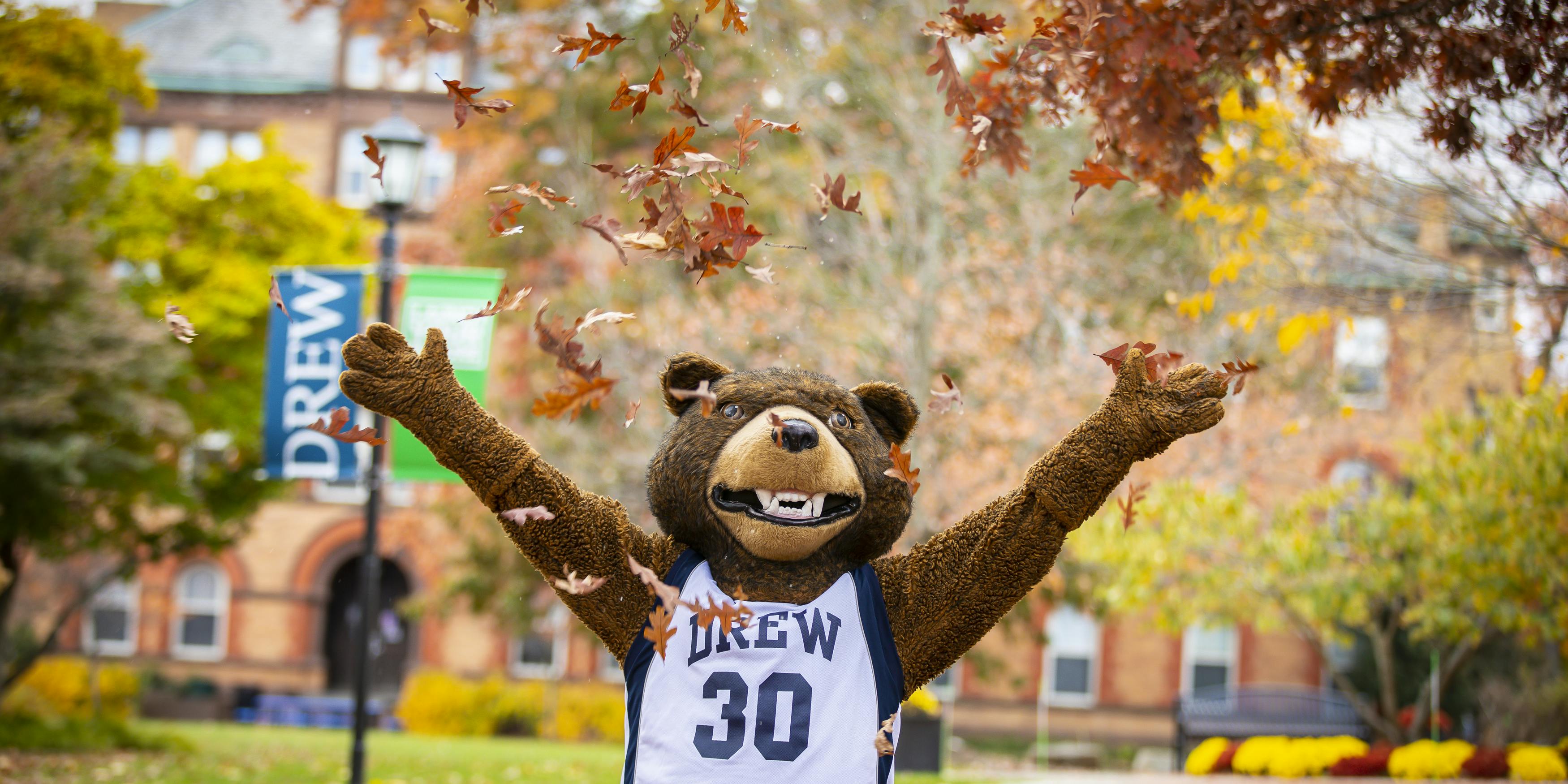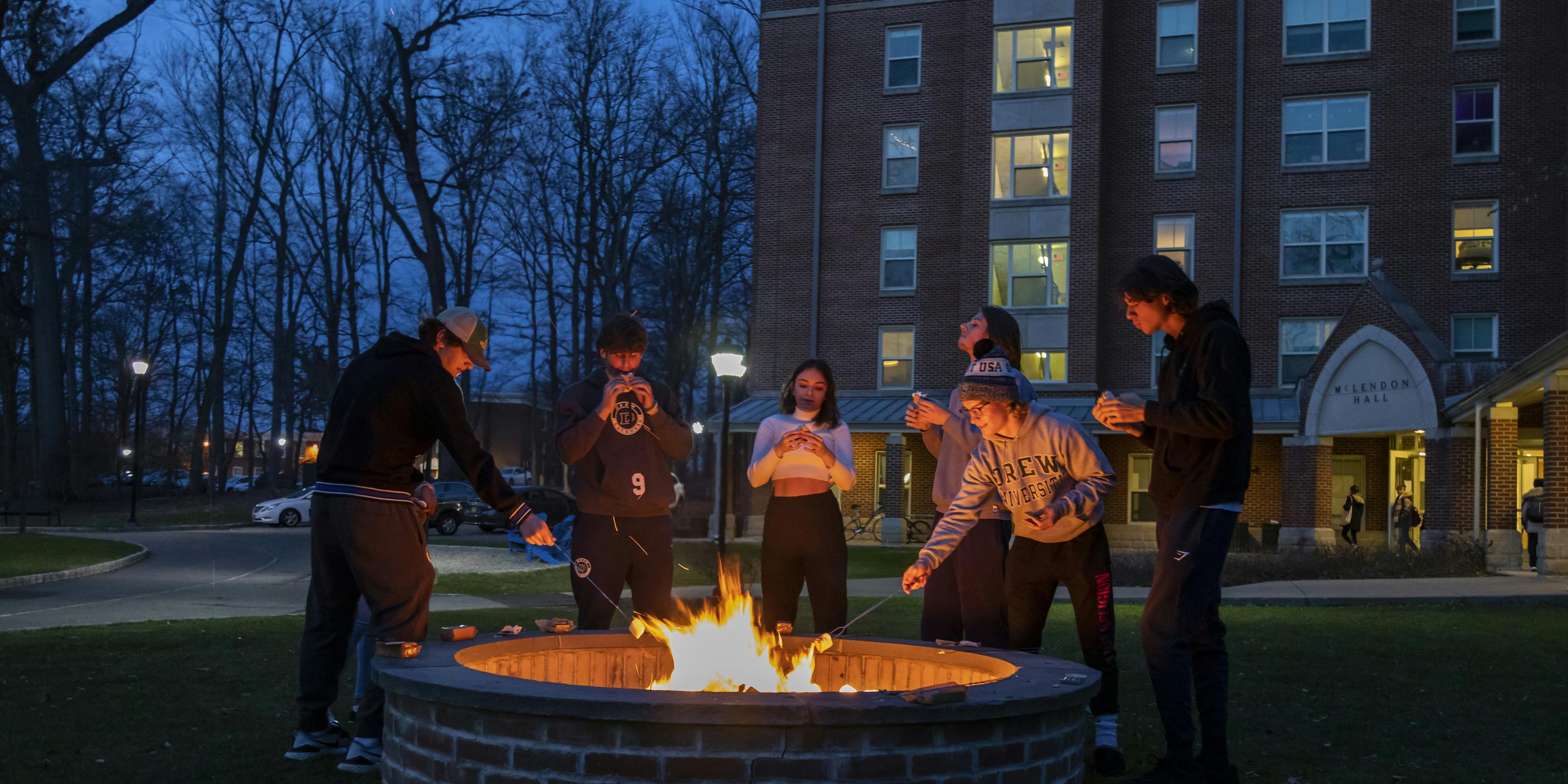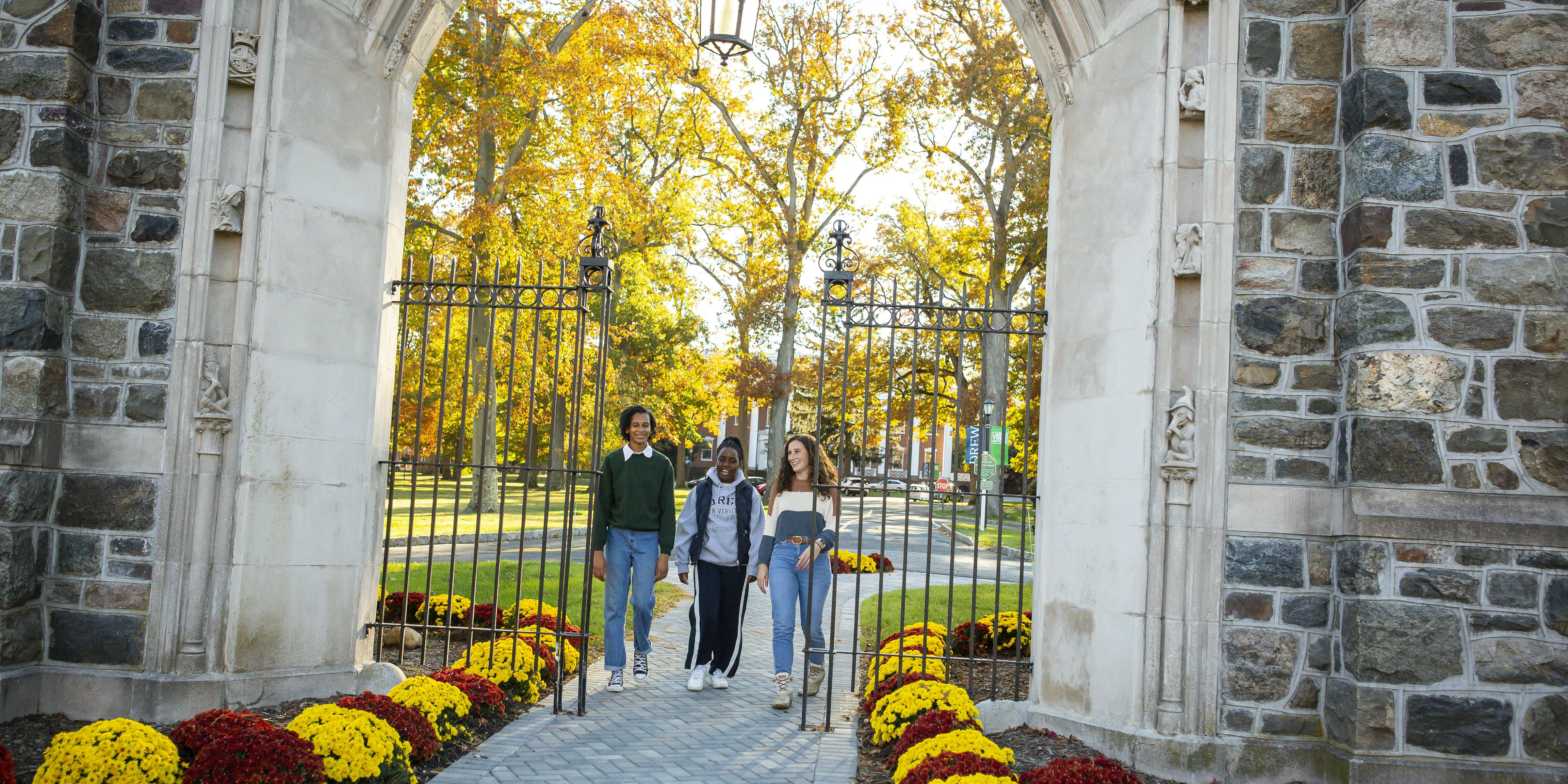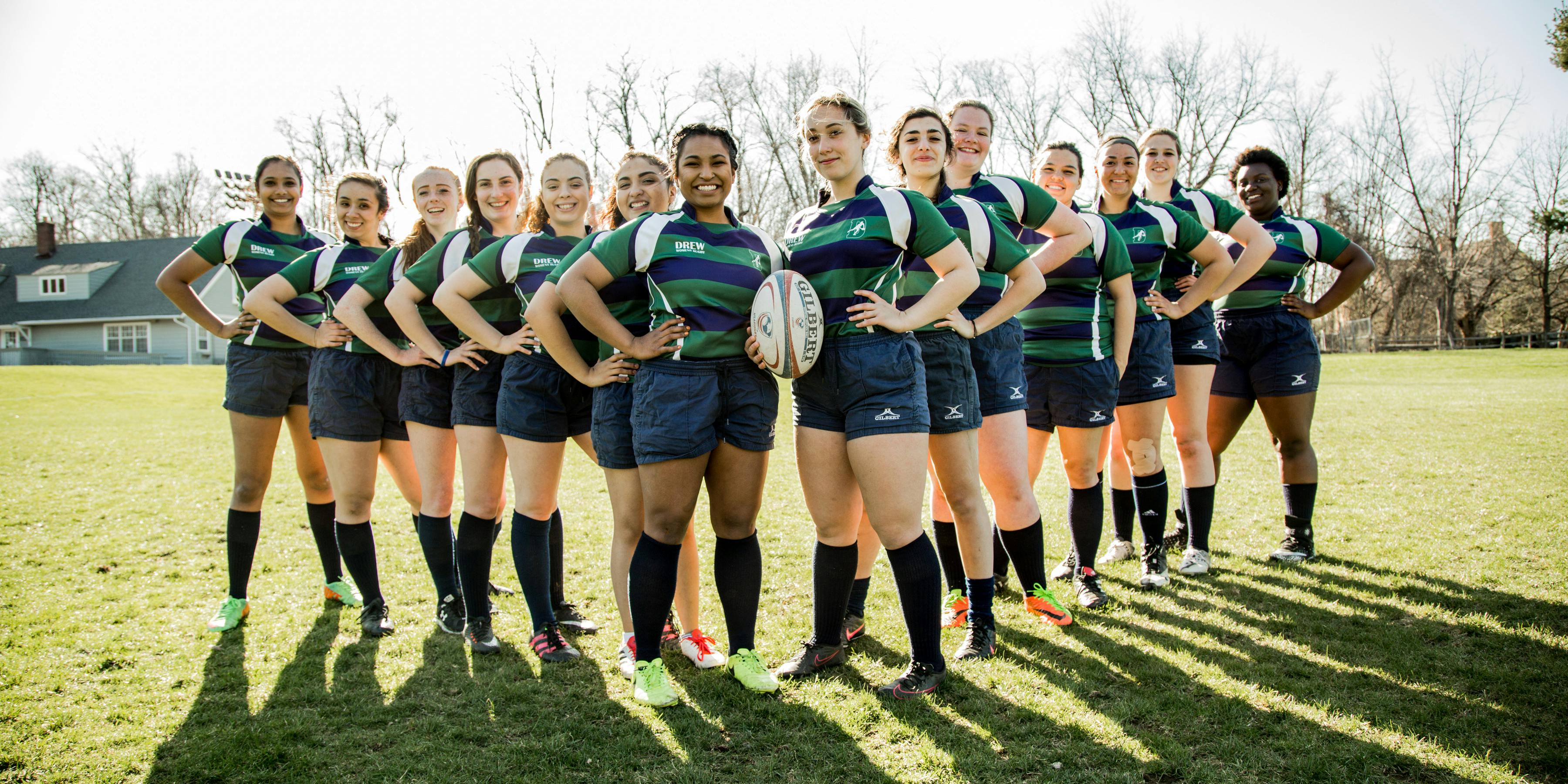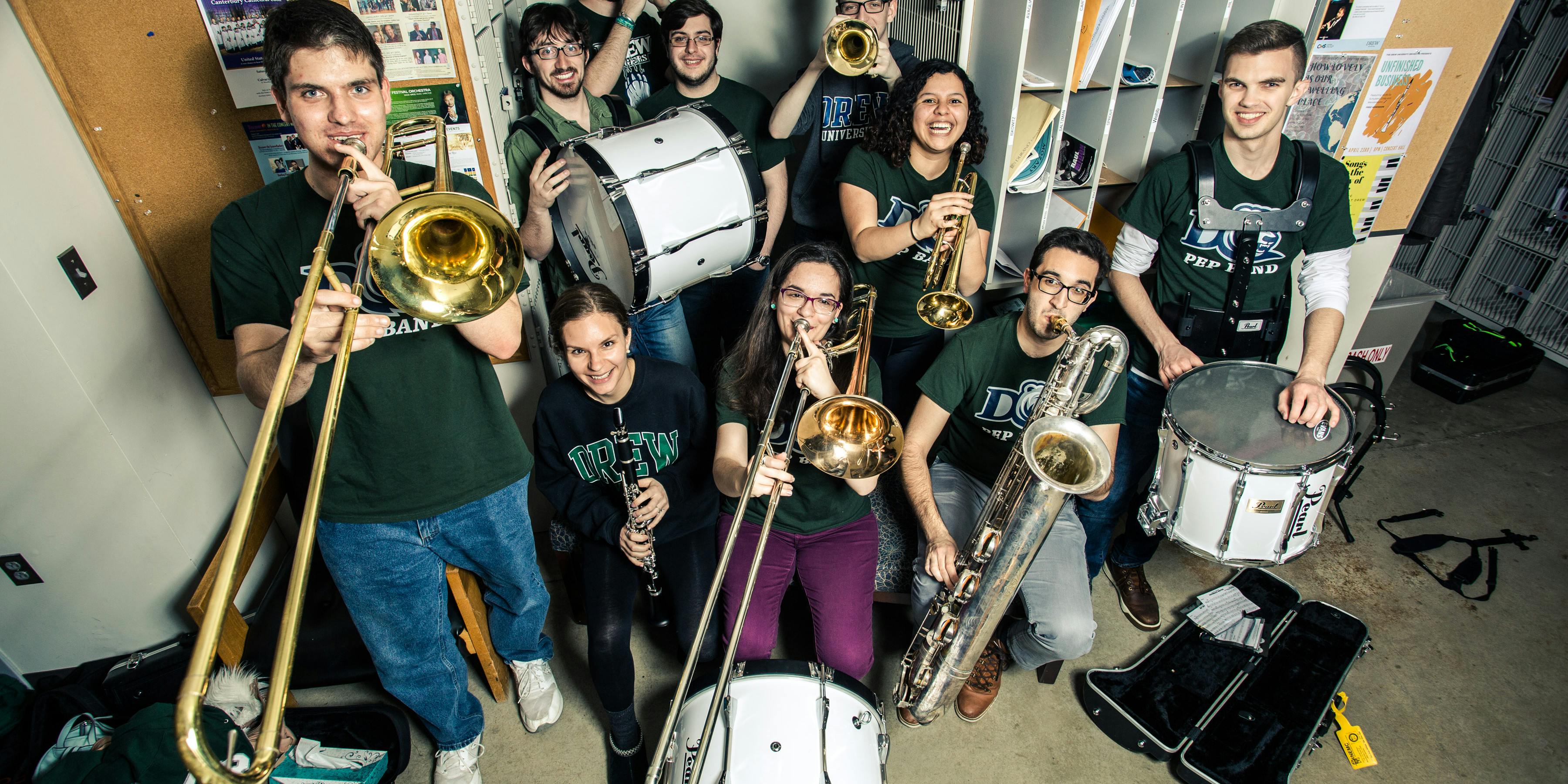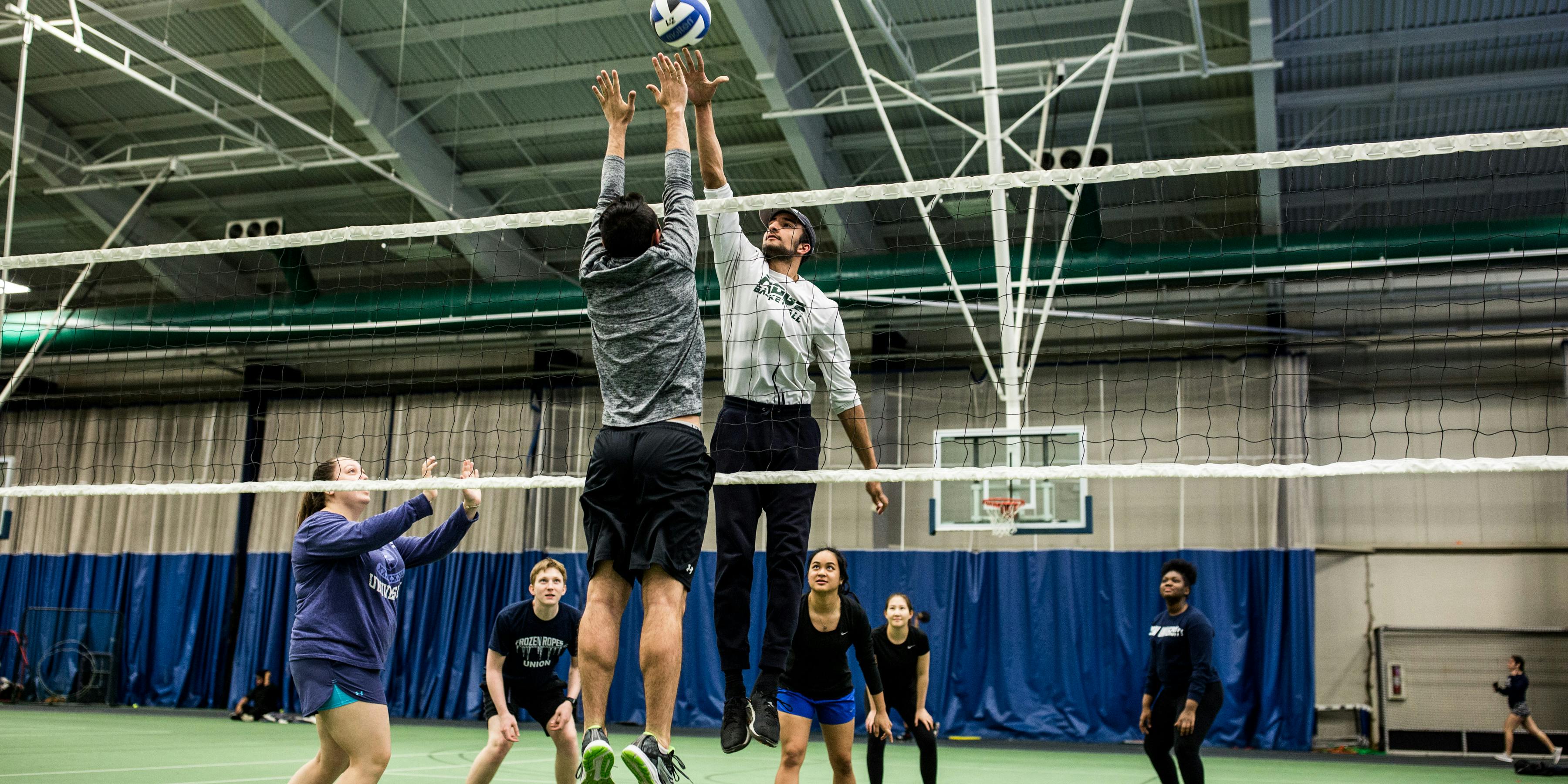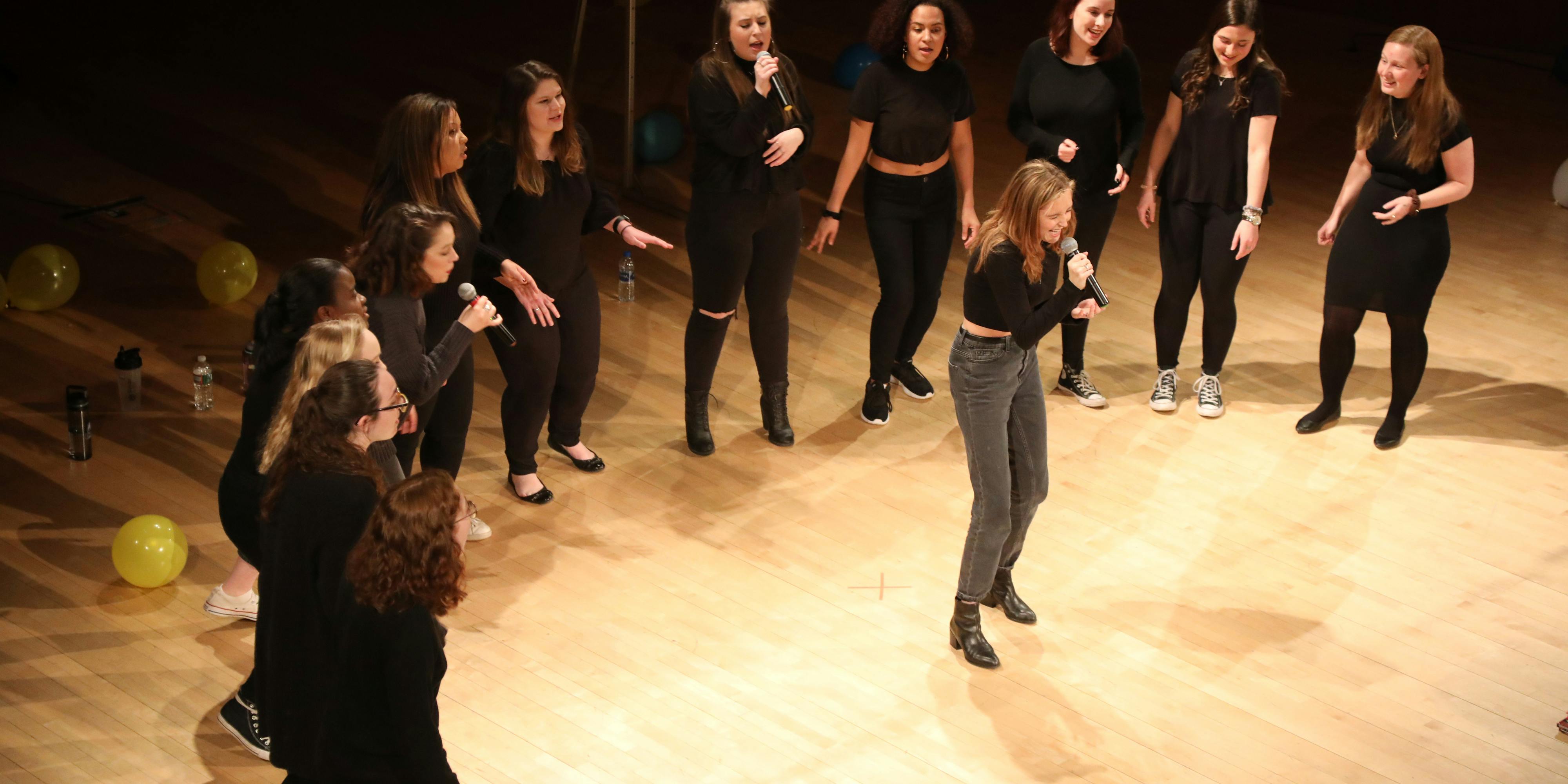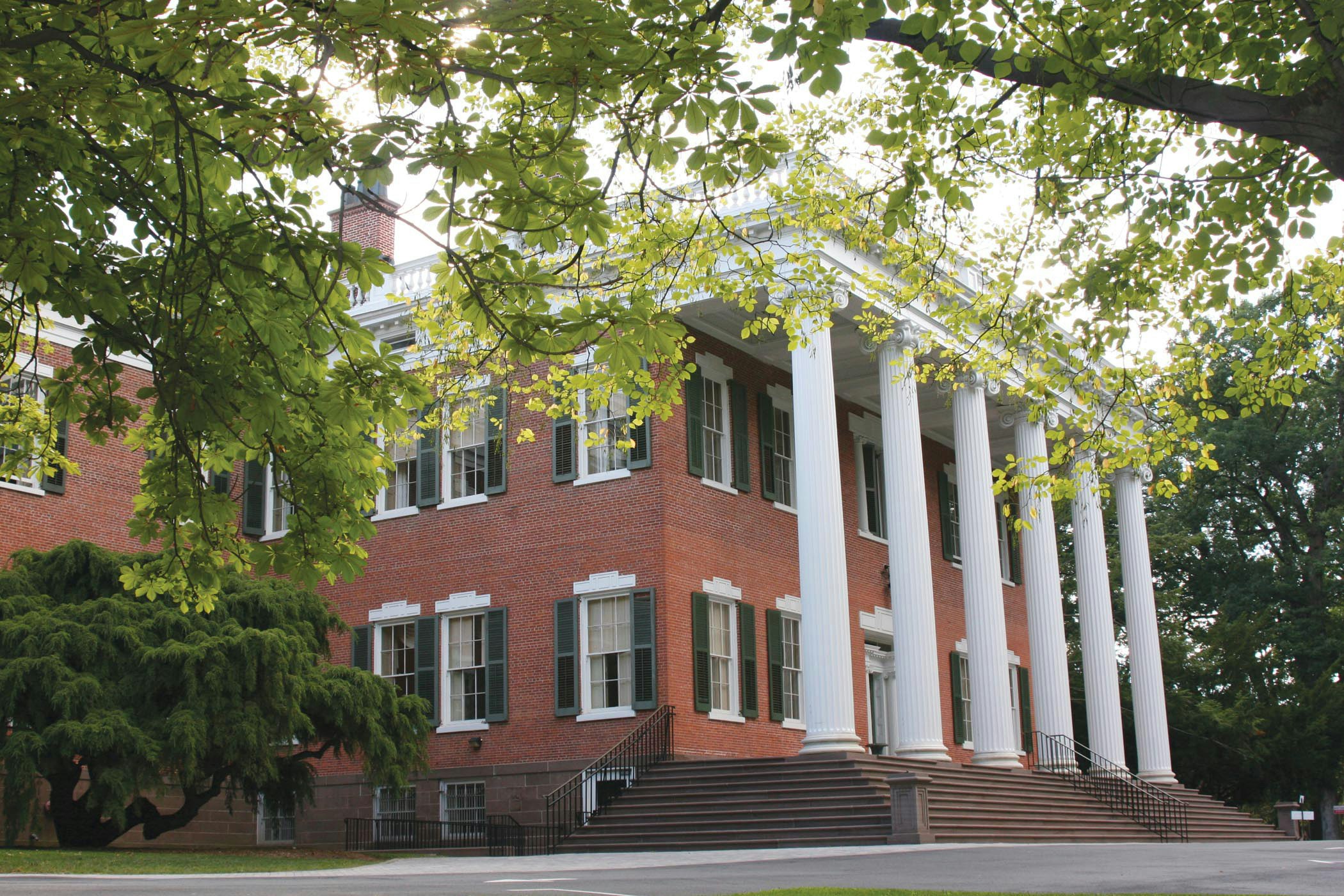

Drew University
Campus experience
Drew University: A Place for Everyone
1:47
Picture Yourself at Drew
3:16
Drew by the Numbers
0:51
Drew University Fall Forward Program – Charlie Collins C'24
1:24
Drew—Your Future Starts Here
0:20
Drew University Athletics
4:37
Drew University Action Scholars
0:58
Drew University: Location
1:00
Campus photos
Degree options
A sample of degree options for this offering
Anthropology
Anthropology is the study of humankind in cross-cultural and evolutionary perspectives. With one foot in the sciences (both social and biological) and the other in the humanities, anthropology takes a holistic approach and consists of four sub-disciplines: cultural anthropology, archaeology, biological anthropology, and linguistics. Anthropologists emphasize fieldwork as a means to investigate cultural diversity and human biology in our species—past, present, and future. Our major fulfills its mission by equipping the student with an integrated view of the discipline and providing biological, archaeological, linguistic, and cultural emphases with attention to laboratory and on-site field methods. The goal of the anthropology student is thus to construct a broader, more inclusive, and insightful view of humans/humanity in context.
Art
The Art Department offers a rigorous, supportive and personalized environment with a sound liberal arts foundation. We are committed to developing in each student the capacity for creative problem-solving in making art. The Dorothy Young Center for the Arts is home to the department’s offerings. An outstanding faculty of practicing artists, dedicated to both their art practice and teaching excellence is teamed with a rare depth of facility: amazing studios, brilliant light, safety, technology, and space.
Art History
Art History majors study the visual arts, past and present, as forms of communication that are shaped by physical, cultural, political, psychological and economic contexts. Our majors are guided through a curriculum that provides historical and geographic breadth in the history of art and an introduction to studio art practice. In small, discussion-based courses our majors master the critical reading, writing and speaking skills that will prepare them to successfully navigate our media-rich world. The Art History curriculum enhances classroom learning with experiential opportunities. We take full advantage of our proximity to New York City, a global art capital. The New York Semester on Contemporary Art is often described by our majors as a formative experience. Museums and Society, a course conducted partially at regional museums, offers another opportunity for experiential learning. Majors are also encouraged to include credit-bearing arts-related internships as part of their curriculum. These internships and experiential learning opportunities encourage students to begin thinking about their careers and help them develop valuable skills while at Drew.
Student groups
Study away & study abroad
Featured programs
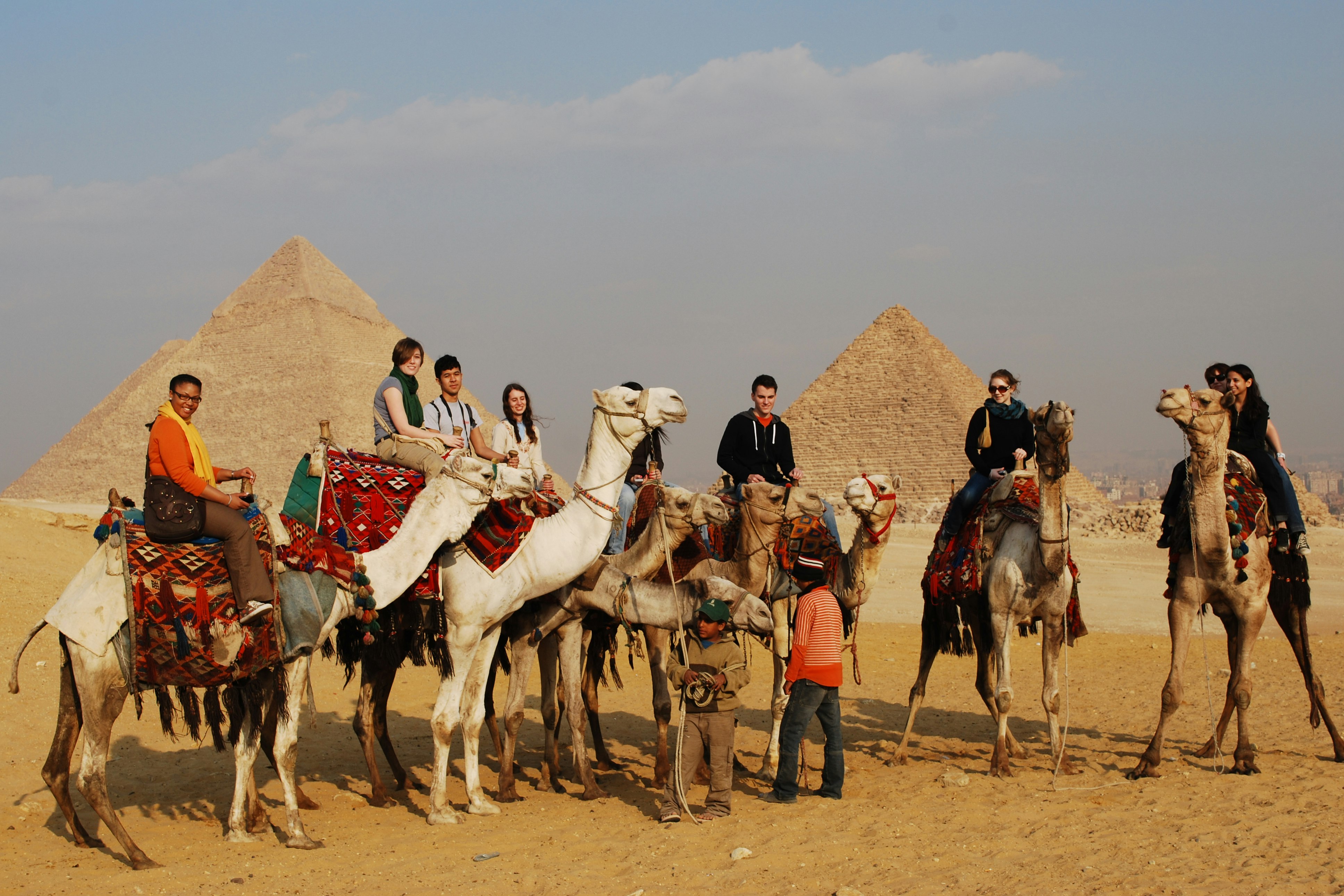
Health Care and Human Development in South Africa
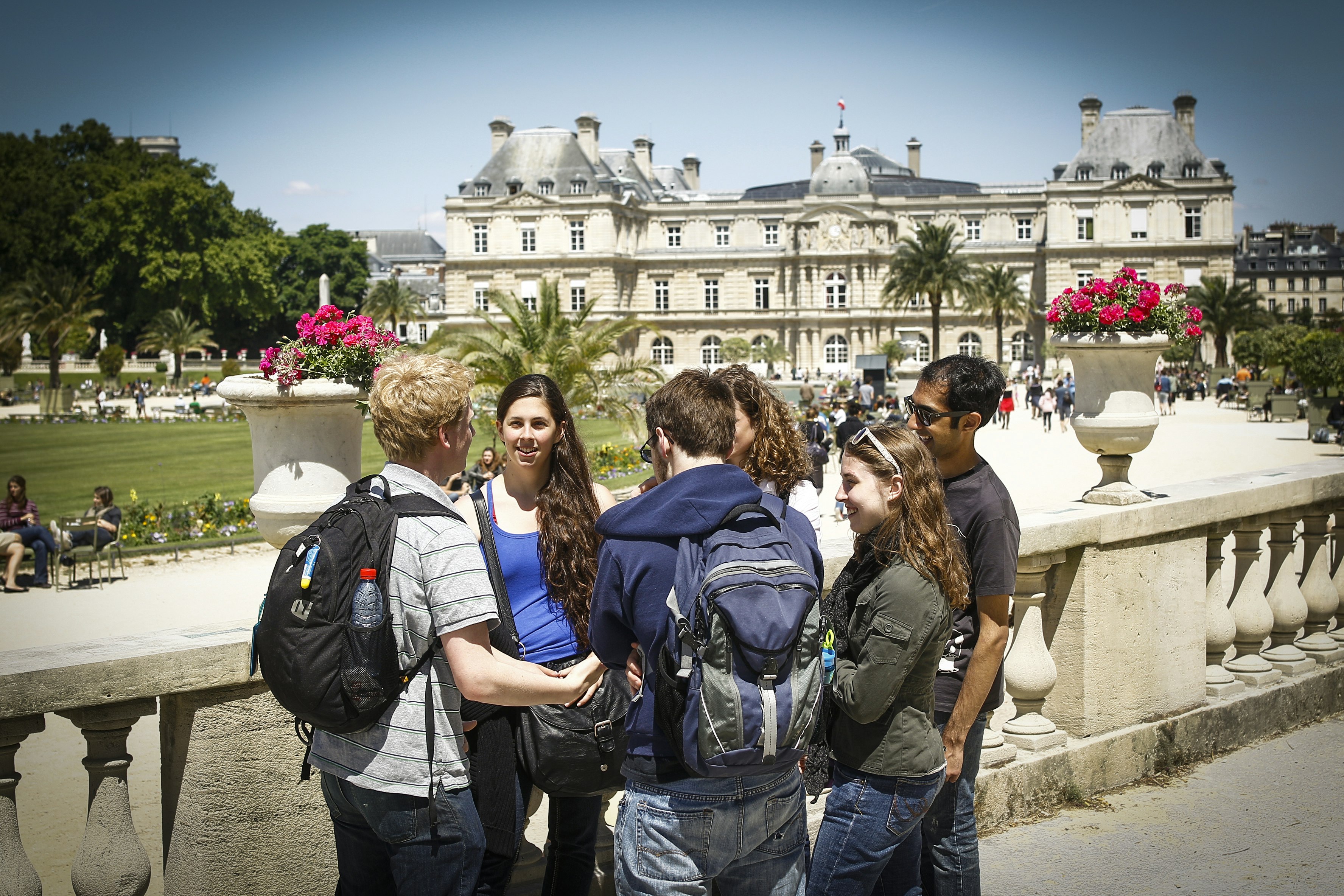
Global Business Strategies in Northern Italy
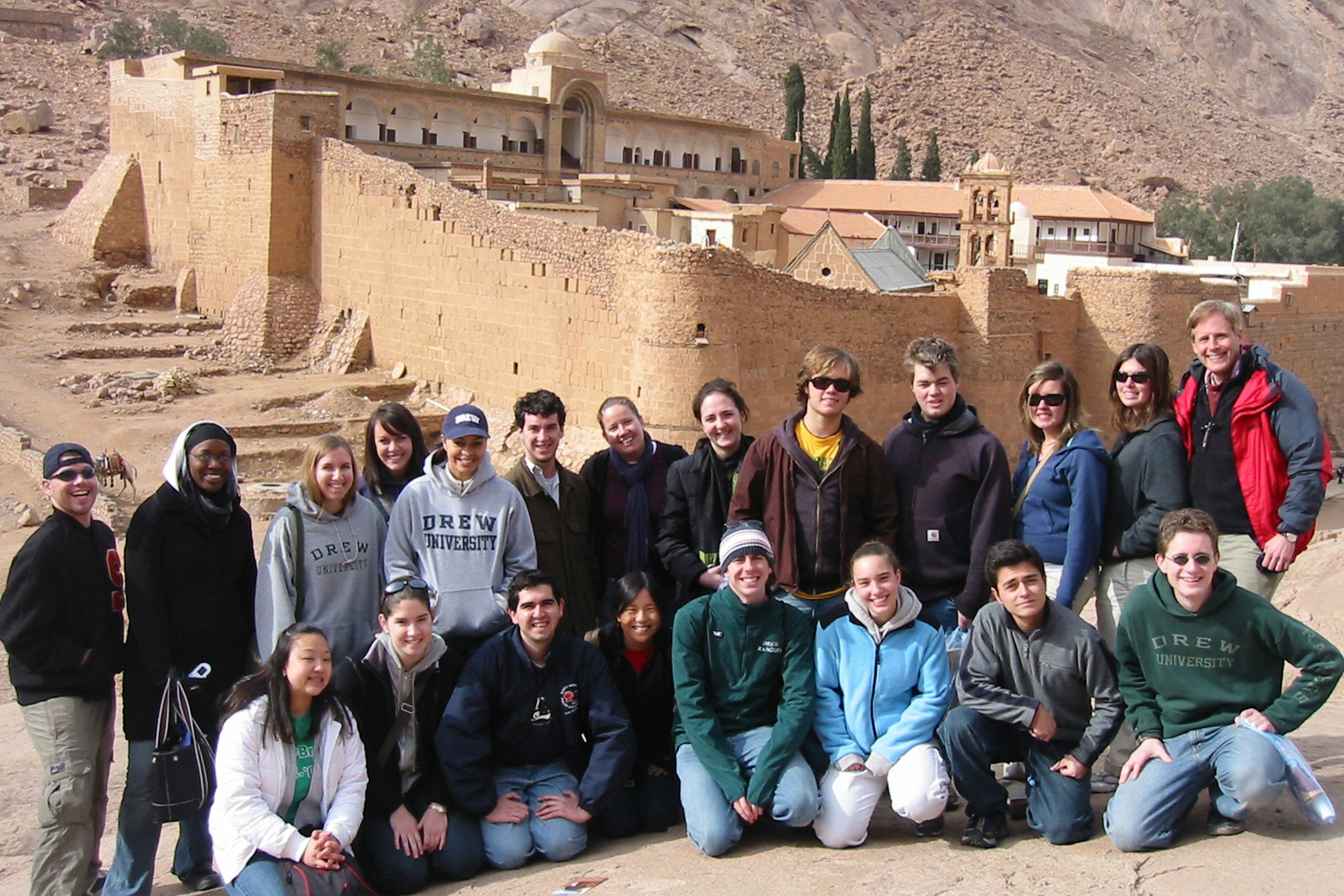
Environmental Psychology in Australia
Grants and scholarships
Various scholarships ranging from $15,000 - $27,000
Annual cost
| Full-Time Tuition (2022-23) | $43,074 |
| Room and Board (2022-23) | $16,402* *Based on double occupancy. Board is the standard seven-day unlimited meal plan. Students requiring health insurance are charged a fee of $2,202. |
| General Fee (2022-23) | $800** 88**The General Fee is a mandatory per-semester charge to all students that underwrites support of: The accredited Student Health Services Center, which provides for treatment of minor illness, management of chronic diseases/disabilities, wellness education, gynecological care, etc., as well as COVID-19 health and safety testing and associated protocols. The Counseling Center, which provides mental health wellness services such as short-term therapy, testing, outreach programs, etc. Ehinger Center operations and the student activities programming, both in-person and virtual. |
| Orientation Fee (2022-23) | $300 |
| Technology Fee (2022-23) | $300 |
| Transcript Fee (2022-23) | $25 (first-year students only) |
Similar schools


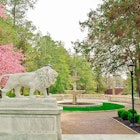
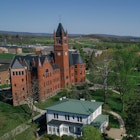

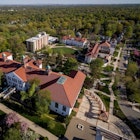
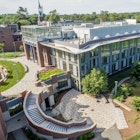
.JPG?fit=crop&crop=faces&ar=2%3A1&auto=compress%2Cformat)
